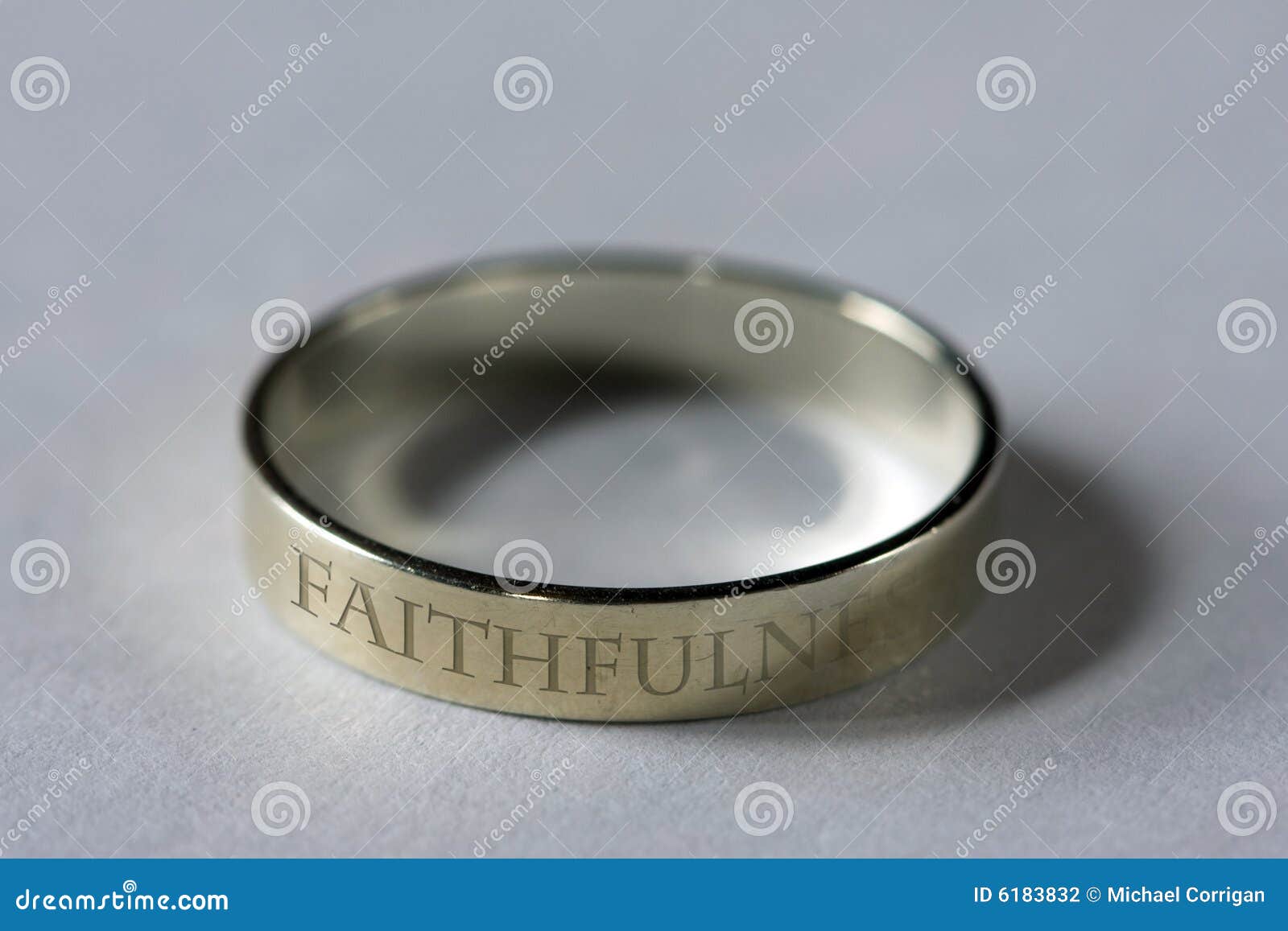Could A Smart Ring Prove Your Faithfulness?

Table of Contents
The Technology Behind Smart Rings and Monitoring
Smart rings, equipped with an array of sensors, are capable of collecting a wealth of biometric data. This includes heart rate variability, sleep patterns, activity levels, and even location data. The question arises: could this data be used as an indicator of faithfulness? Theoretically, unusual heart rate spikes at odd hours, coupled with disrupted sleep patterns and unusual location data, might suggest infidelity. However, this interpretation is fraught with limitations and potential inaccuracies.
Biometric Data Tracking: A Faulty Gauge?
- Specific examples: Oura Ring, Motiv Ring, and various other fitness trackers embedded in rings offer detailed biometric data collection. However, none are explicitly designed for, nor marketed for, faithfulness monitoring.
- Privacy concerns: The collection and storage of such intimate personal data raise significant privacy concerns. Data breaches and unauthorized access pose a substantial risk.
- Ethical implications: The ethical implications of using technology to monitor a partner without their explicit, informed consent are profound. Such actions can severely damage trust and create a climate of suspicion.
The Limitations of Smart Rings as a Faithfulness Indicator
While smart rings might seem like a technologically advanced solution to relationship anxieties, their effectiveness as a faithfulness indicator is severely limited. The technology is easily circumvented, and relying on it alone ignores the far more critical elements of a healthy relationship.
Circumvention of Technology: A Simple Task
- Removing the ring: The simplest way to bypass smart ring monitoring is to simply remove the ring during potentially compromising situations.
- Alternative communication: Infidelity often involves communication through alternative channels (e.g., encrypted messaging apps) that a smart ring cannot monitor.
- Inherent flaws: Trust in a relationship cannot be built on technological surveillance. It requires open communication, mutual respect, and a commitment to the partnership.
The Psychological Impact of Using a Smart Ring for Faithfulness Monitoring
Employing a smart ring to monitor faithfulness can have severe detrimental effects on the psychological well-being of both partners.
Erosion of Trust: A Self-Fulfilling Prophecy?
- Relationship dynamics: The feeling of being constantly monitored can lead to resentment, decreased intimacy, and a breakdown in open communication.
- Increased suspicion and anxiety: Even without concrete evidence of infidelity, the constant monitoring can foster suspicion and anxiety, creating a toxic environment.
- Comparison to other methods: Other forms of relationship monitoring, such as checking phone records or social media, are equally ineffective and equally damaging to trust.
Alternatives to Smart Rings for Building Trust
Rather than relying on technology to address relationship issues, focusing on building a strong foundation of trust is paramount.
Open Communication and Honesty: The True Foundation
- Mutual respect and understanding: A healthy relationship thrives on open communication, mutual respect, and a willingness to address concerns directly.
- Couples therapy: Professional guidance from a couples therapist can provide valuable tools and techniques for effective communication and conflict resolution.
- Trust-building activities: Shared experiences, active listening, and consistent efforts to strengthen the bond between partners are essential.
Conclusion
While smart ring technology can track various biometric data, its use as a measure of faithfulness is both unreliable and potentially damaging to a relationship. The inherent limitations of the technology, combined with the severe psychological repercussions, highlight the fallacy of attempting to quantify trust through a device. Instead of relying on a smart ring to prove faithfulness, focus on building a relationship based on open communication, mutual respect, and a genuine commitment to one another. What steps can you take today to strengthen your relationship and foster a climate of trust, rather than suspicion? Focus on building trust, not on smart ring alternatives – your relationship deserves it.

Featured Posts
-
 Lion Po Blizo Do Vtoroto Myasto Blagodarenie Na Lakazet
May 03, 2025
Lion Po Blizo Do Vtoroto Myasto Blagodarenie Na Lakazet
May 03, 2025 -
 Trump Et Macron Au Vatican Un Echange Tendu Revele
May 03, 2025
Trump Et Macron Au Vatican Un Echange Tendu Revele
May 03, 2025 -
 Controversy Erupts As Farage Disputes Far Right Claim With Teaching Union
May 03, 2025
Controversy Erupts As Farage Disputes Far Right Claim With Teaching Union
May 03, 2025 -
 Latest Liverpool Fc News Frimpong Discussions And Elliotts Situation
May 03, 2025
Latest Liverpool Fc News Frimpong Discussions And Elliotts Situation
May 03, 2025 -
 Indias Pm Modis France Trip Ai Focus And Ceo Engagement
May 03, 2025
Indias Pm Modis France Trip Ai Focus And Ceo Engagement
May 03, 2025
